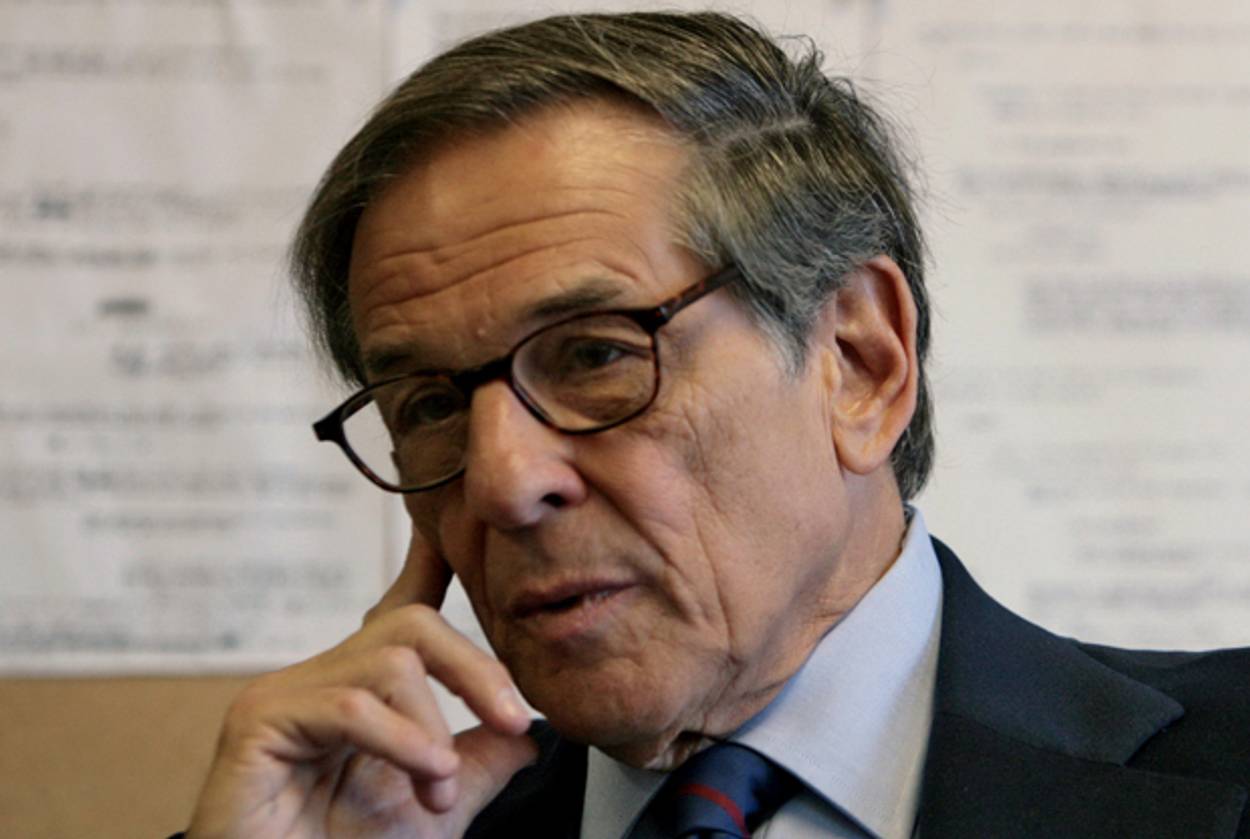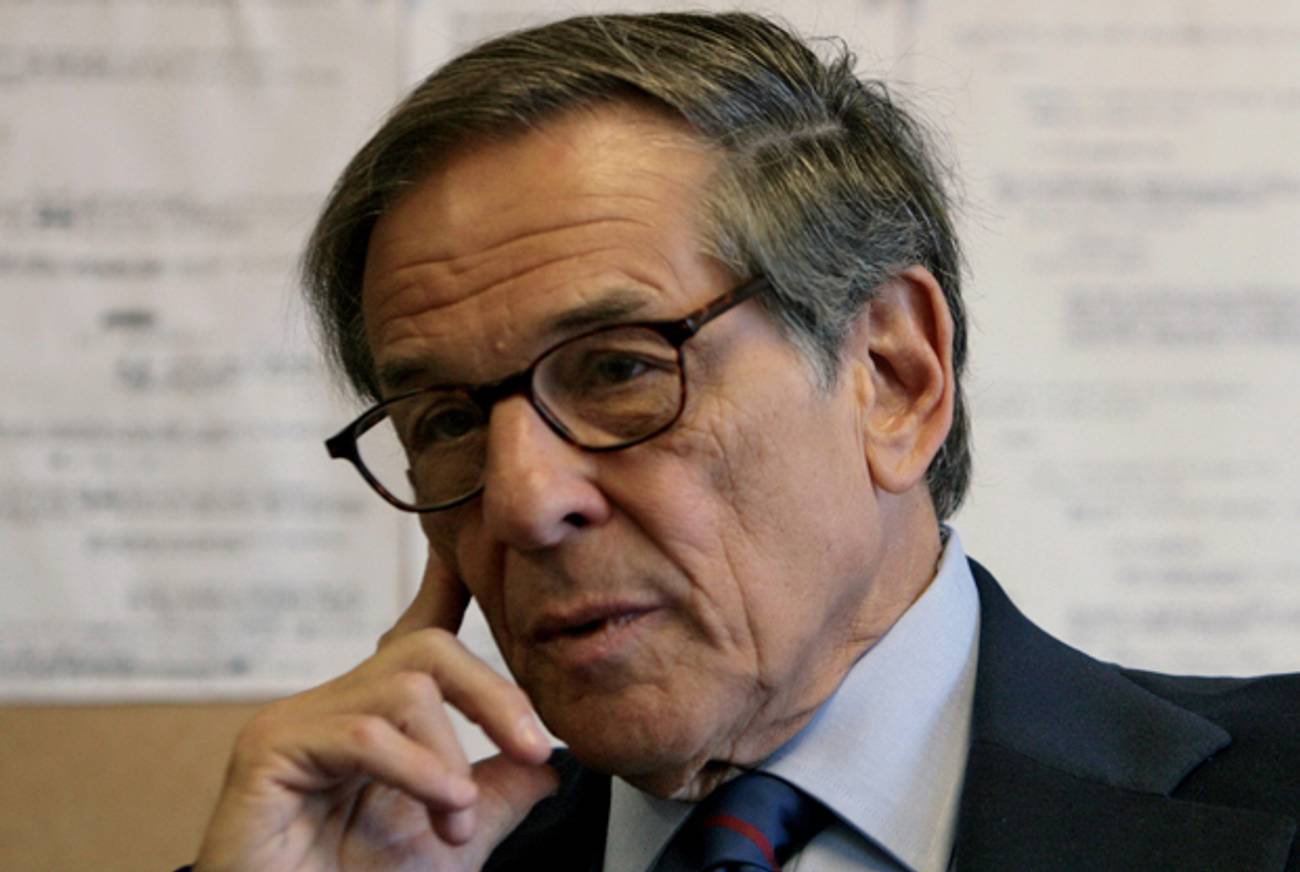The Power Broker, Robert Caro (1974)
The Empire State builder




The Power Broker is the Rosetta Stone for understanding 20th-century New York City. Part of Robert A. Caro’s brilliance resides in the very conception of the book. Rather than focusing on a mayor or a mogul, the more obvious sort of choice for embodying Gotham, he turned his lens onto Robert Moses, who used a series of ordinary-sounding positions in the public sector to build, rebuild, and sometimes wreck vast swaths of the New York area—its parks, highways, bridges, housing developments. While Moses served almost entirely under gentile mayors and governors (notwithstanding half-Jewish Fiorello LaGuardia), he was infinitely more than the New York version of the Old World shtadlan. He rose to power as part of a group of idealistic, progressive Jewish public servants—among them Belle Moskowitz—who were embraced by Gov. Al Smith. And at the height of his influence, Moses arguably held more power than his notional superiors. Very much in the manner of the ancient Greek tragedies that inspired him, Caro paints Moses as the tragic hero brought low by his hubris, a man who set out to bring modern efficiency and clean government to New York and wound up as a destructive, vindictive bully.
Samuel G. Freedman is a journalism professor at Columbia University and a regular contributor to Tablet. He also writes the “On Religion” column for The New York Times.